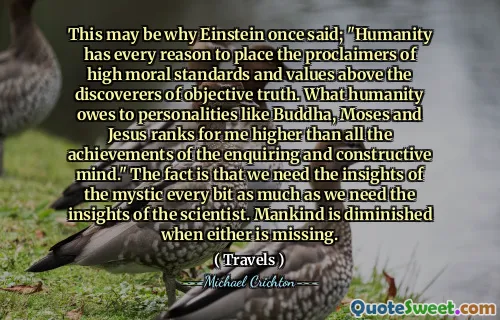God is a cluster of neurons.
The quote "God is a cluster of neurons," from Margaret Atwood's novel "Oryx and Crake," suggests a perspective that intertwines science and spirituality. It implies that the concept of God may stem from human consciousness and the intricate workings of the brain, challenging traditional notions of divinity and existence. This viewpoint reflects a growing trend in literature to explore the intersections of faith, identity, and what it means to be human in a rapidly changing world.
Atwood's work often delves into themes of creation and destruction, ethics, and the consequences of scientific advancements. By equating God with neural connections, the line emphasizes the importance of human perception in shaping our understanding of divinity. This formulation invites readers to reconsider their beliefs about God, encouraging an exploration of how much of our experience of spirituality is rooted in our biological and cognitive processes.






